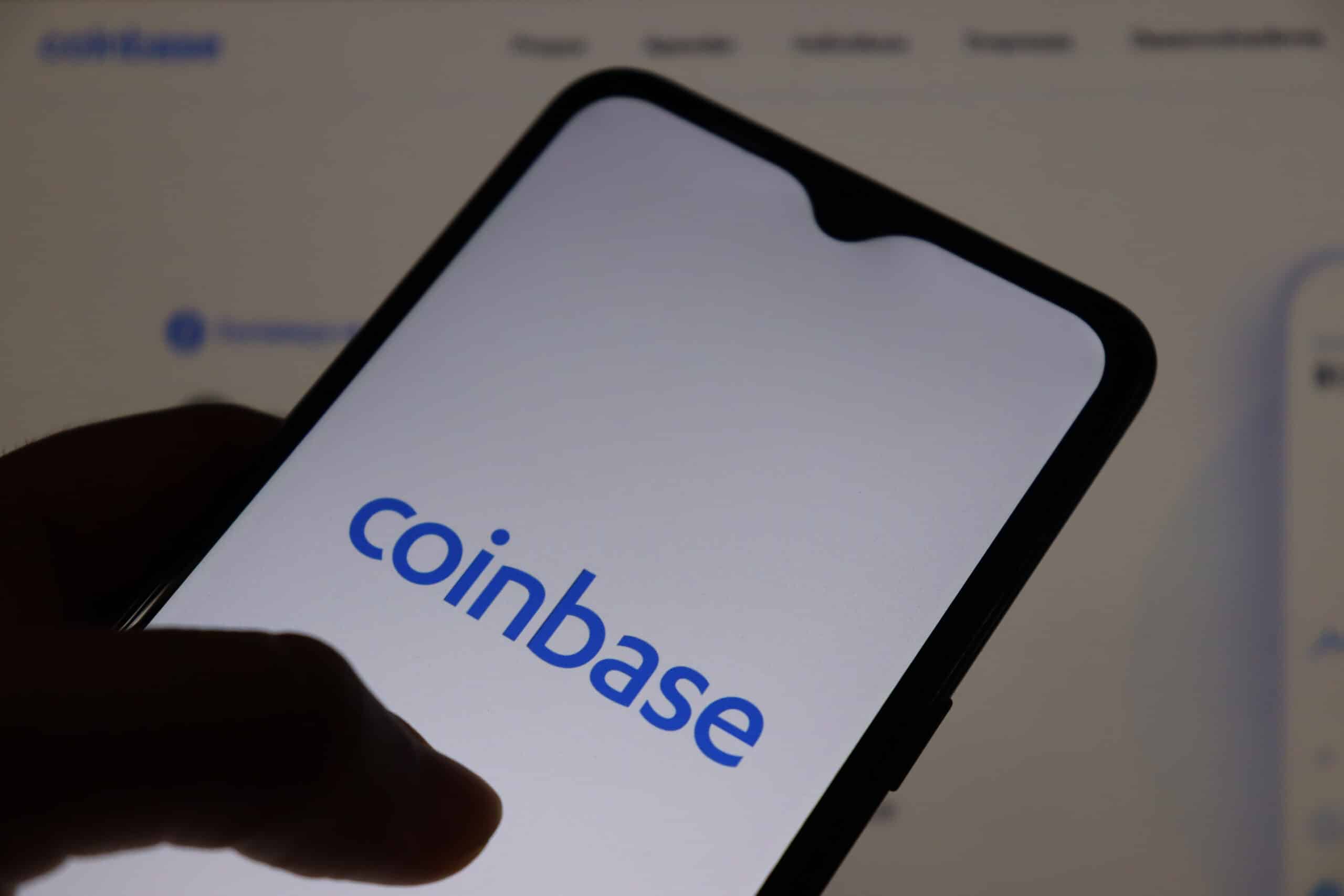The legal battle between the U.S. Securities and Exchange Commission (SEC) and Coinbase has become increasingly focused on whether or not the documents the exchange is attempting to subpoena are relevant.
In an Aug. 5 filing, lawyers for the SEC argued that Coinbase’s request for the SEC to produce every document, including internal and external emails, about the application of securities laws to digital assets was irrelevant to the case at hand.
The SEC’s lawsuit alleges that Coinbase operated as an unregistered securities broker since 2019 and violated federal securities laws by offering certain crypto tokens on its platform. A big part of Coinbase’s defense lies in proving that those crypto tokens are not, in fact, securities.
Coinbase has even attempted to subpoena SEC Chair Gary Gensler’s personal devices, with lawyers for the exchange arguing that Gensler’s private communications about the regulatory status of digital assets was “probative of the objective understanding of the public and market participants regarding what conduct the securities laws prohibit.”
Judge Katherine Polk Failla, who is overseeing the case, ultimately ruled that those requests were inappropriate.
Still, Coinbase doesn’t appear to have stalled in its efforts to access the SEC’s internal communications on all matters related to digital assets.
“The SEC has produced 240,000 documents and is searching another 117,000 documents for responsive material, including emails of non-enforcement staff Coinbase claims are relevant to fair notice,” said lawyers for the SEC in the filing.
They argued that Coinbase’s “sweeping demands” and “breathtakingly broad” requests are part of an effort to put the regulator on trial.
One of the documents that Coinbase is after is a slide deck from a meeting between the SEC and now-bankrupt crypto exchange FTX.
“This sweeps far too broadly,” said the SEC’s lawyers, adding, “this case involves how Coinbase’s platform operates, not how FTX’s did.”
Coinbase’s chief legal officer Paul Grewal said in a post on X that the exchange was seeking out these documents to show “the record of the SEC’s inconsistent views of digital assets and its own regulatory reach.”



